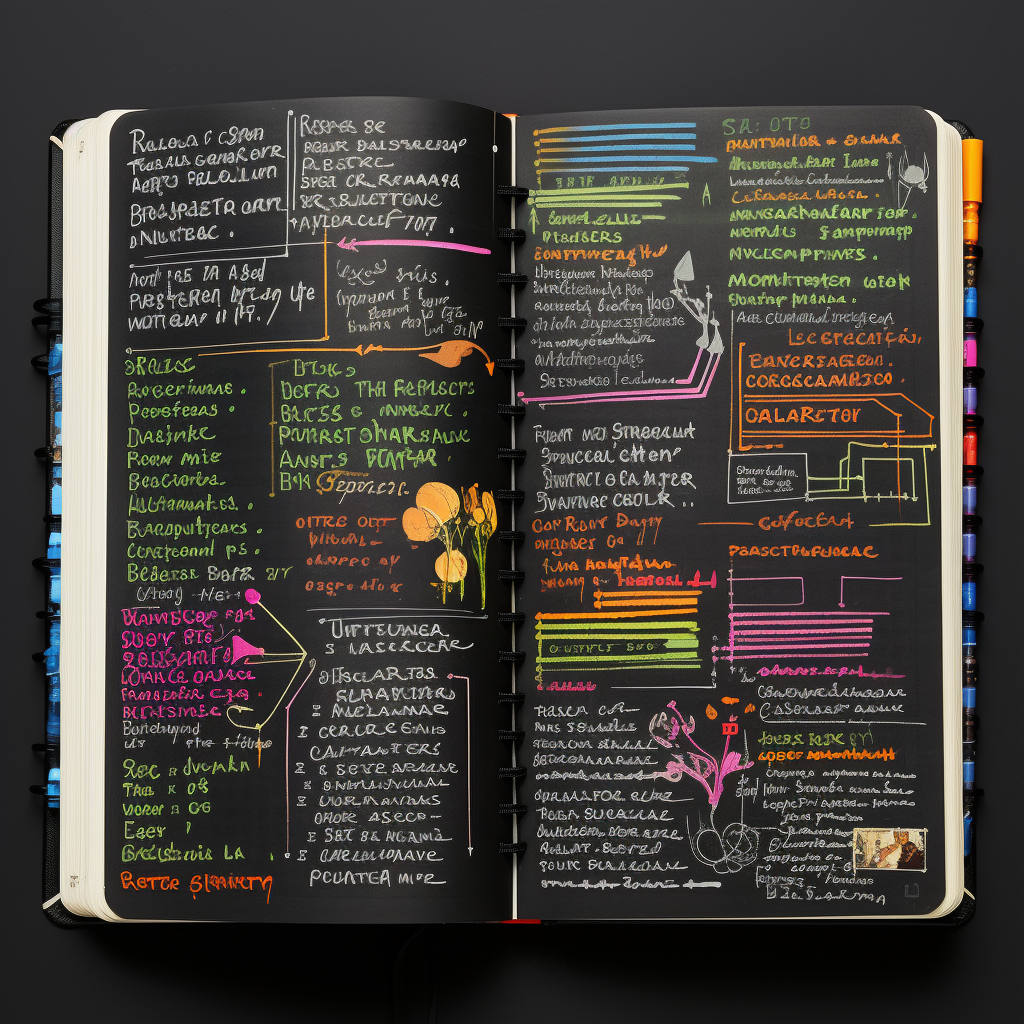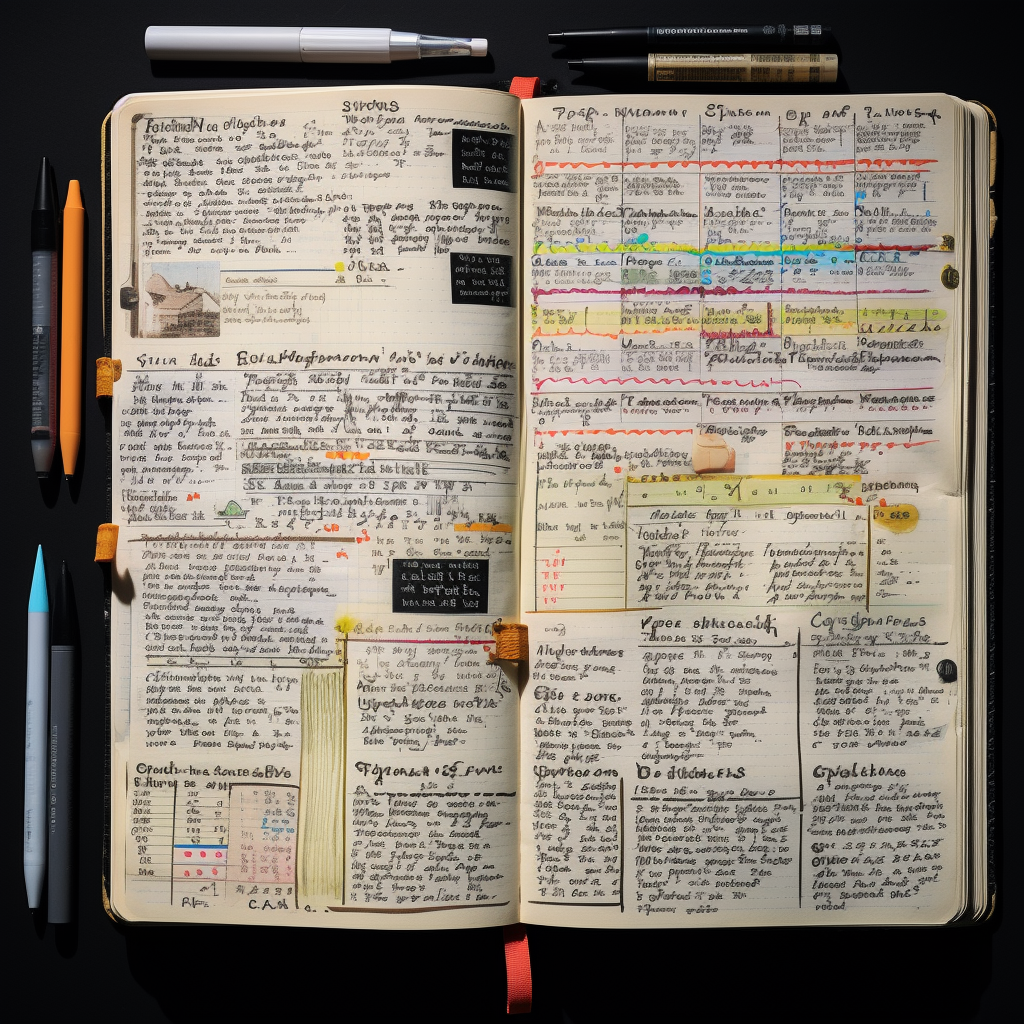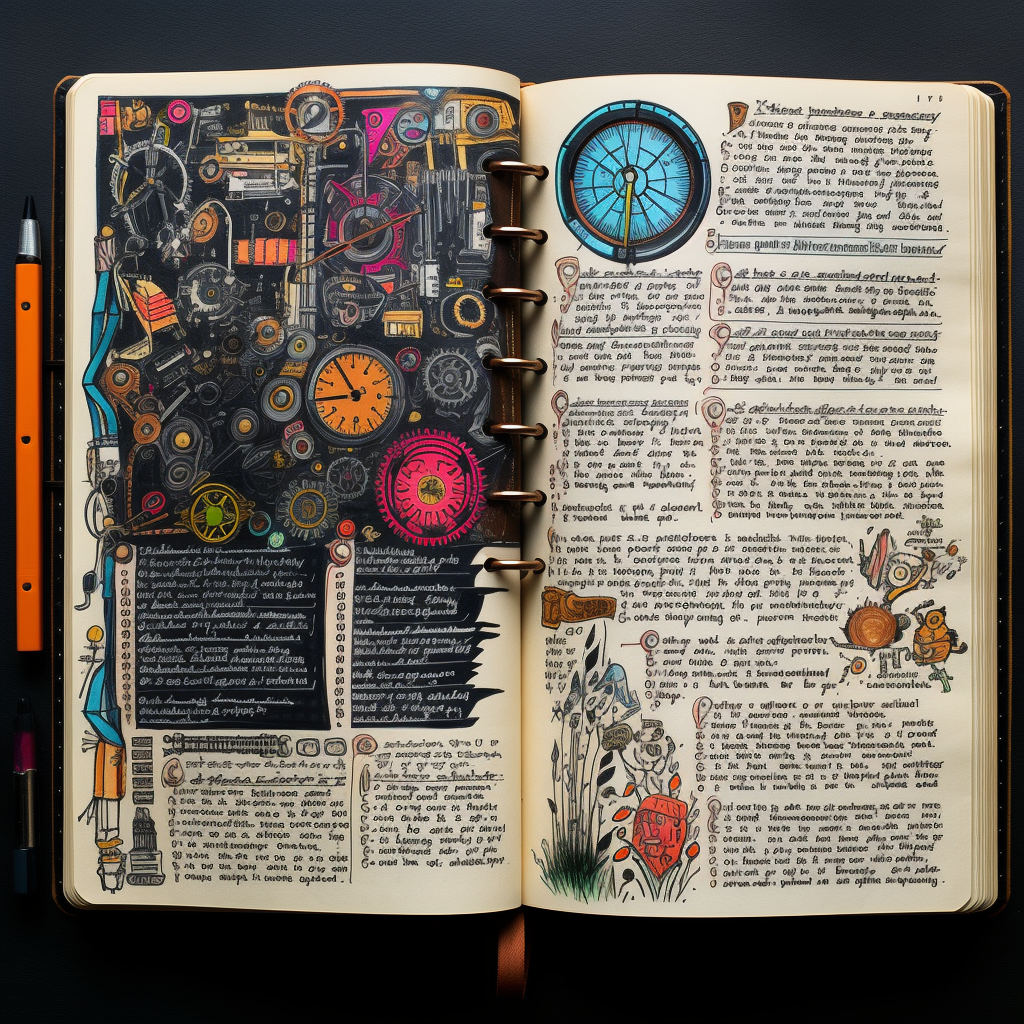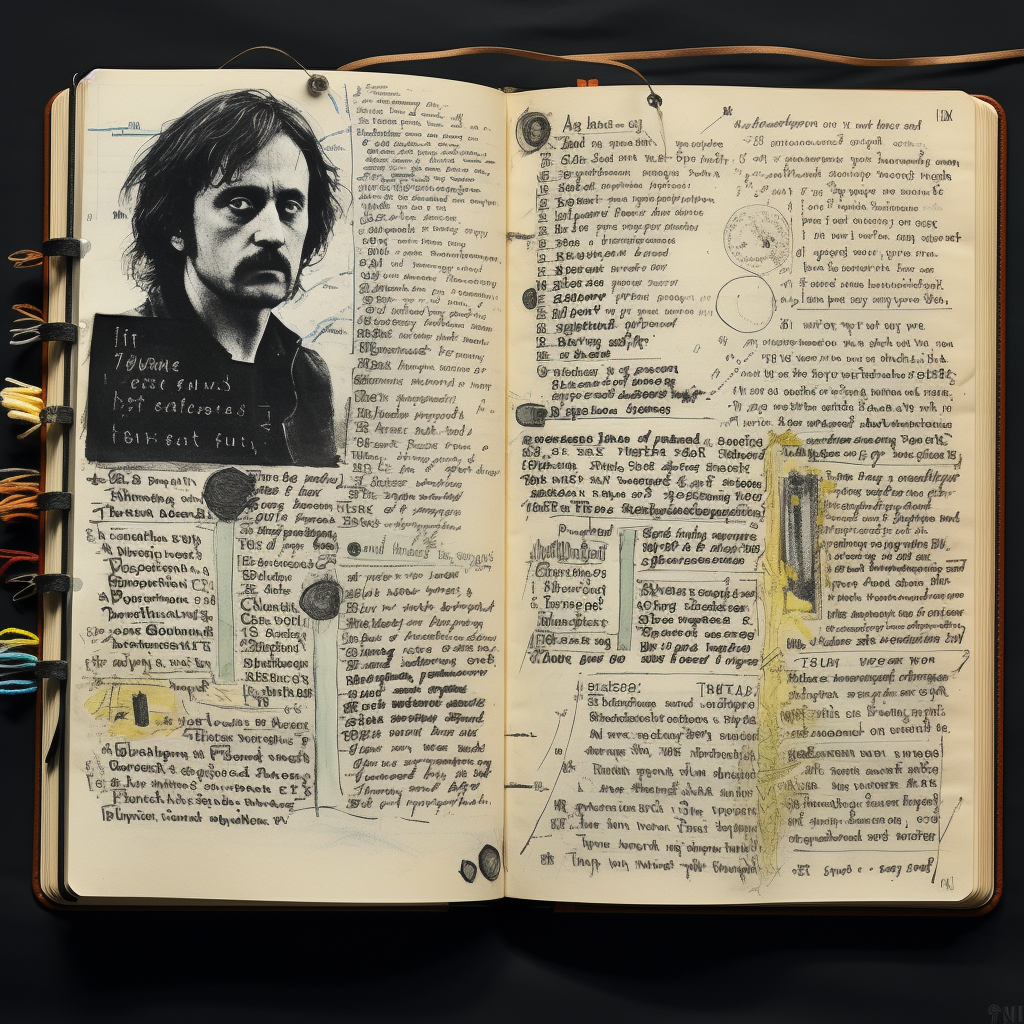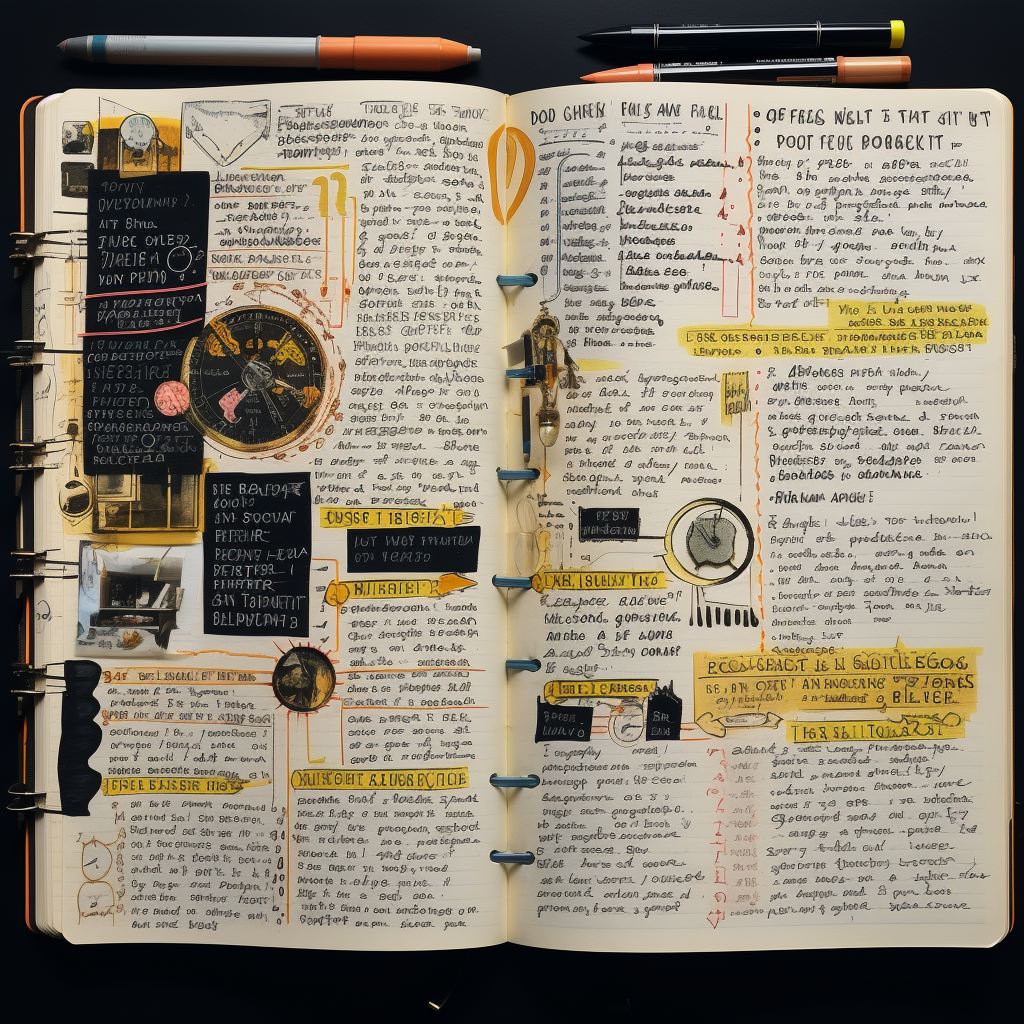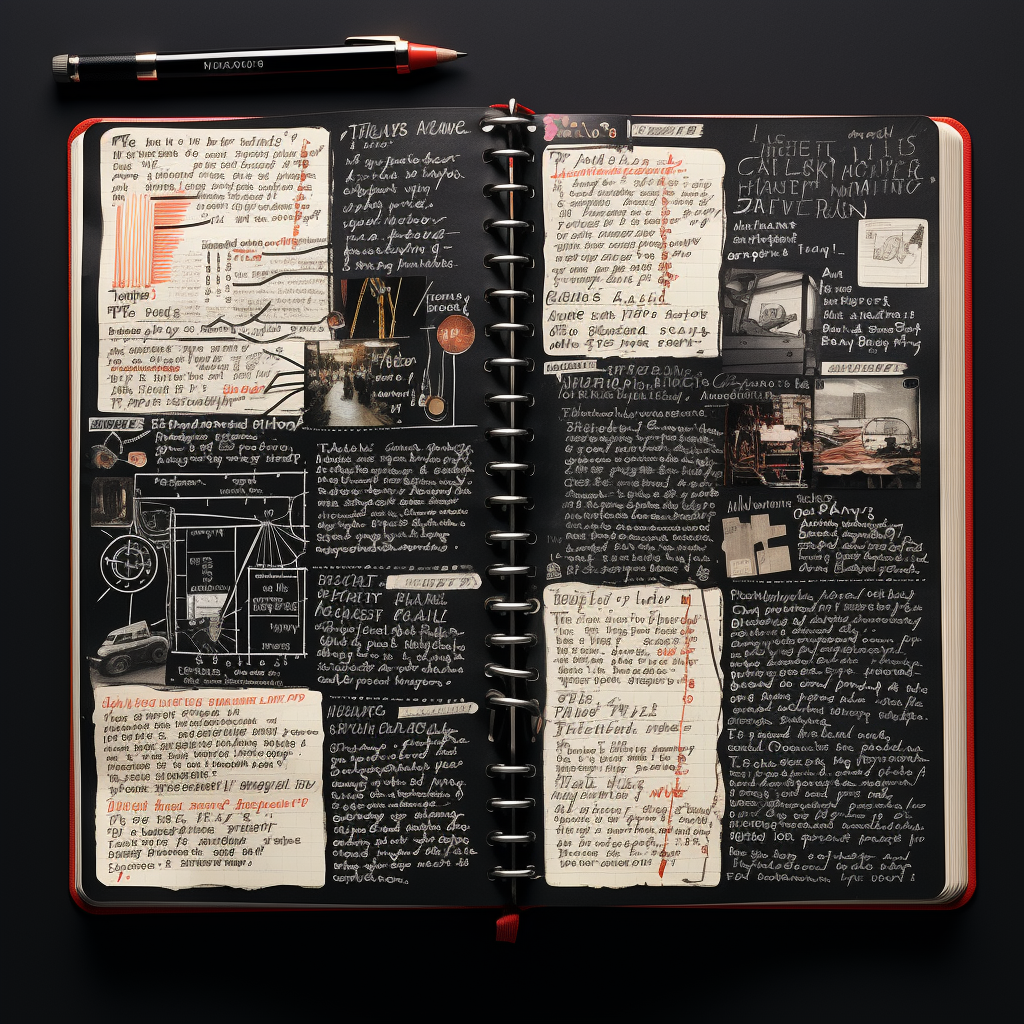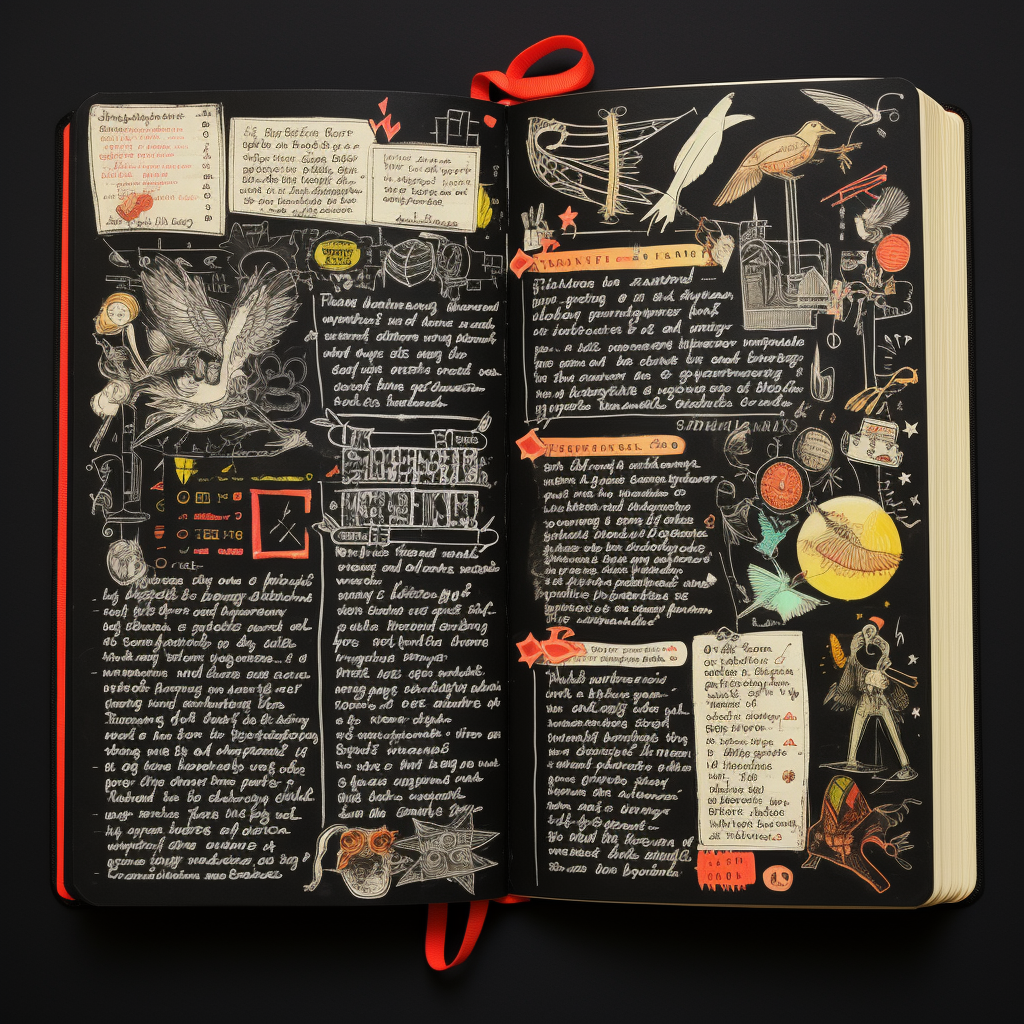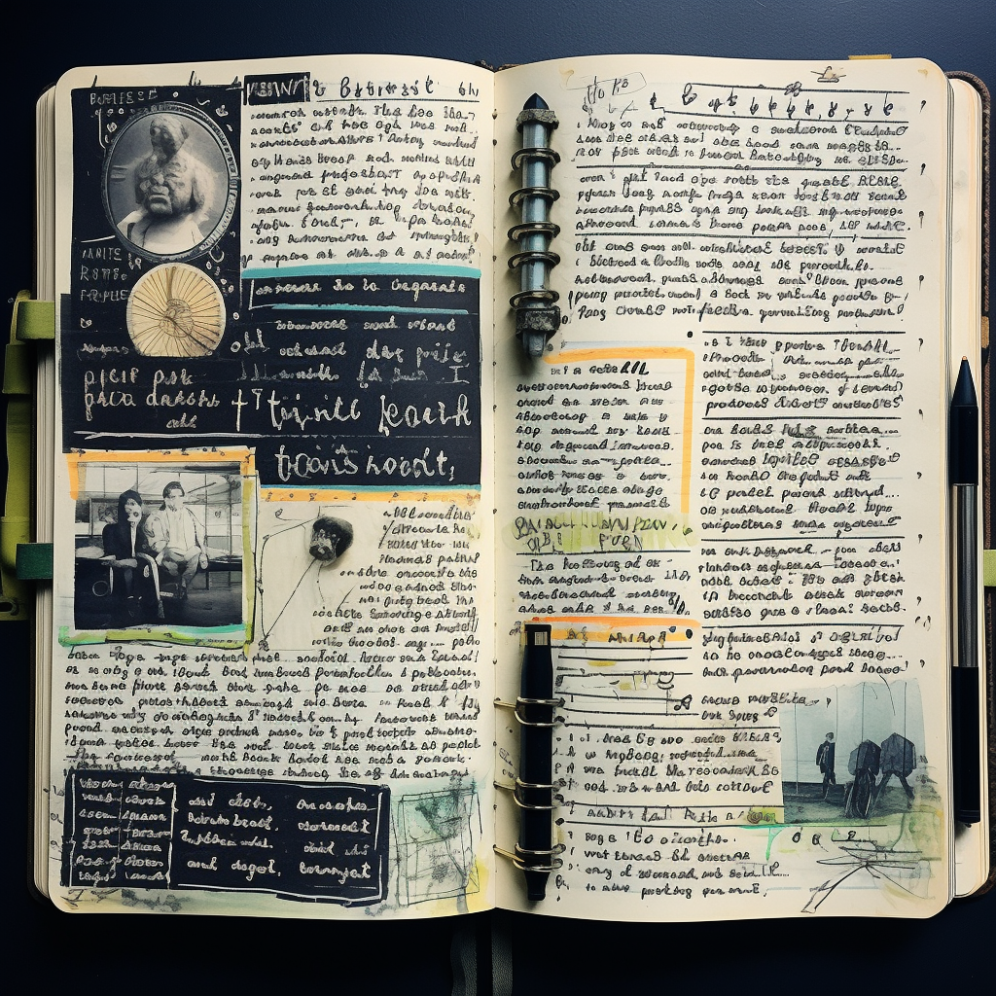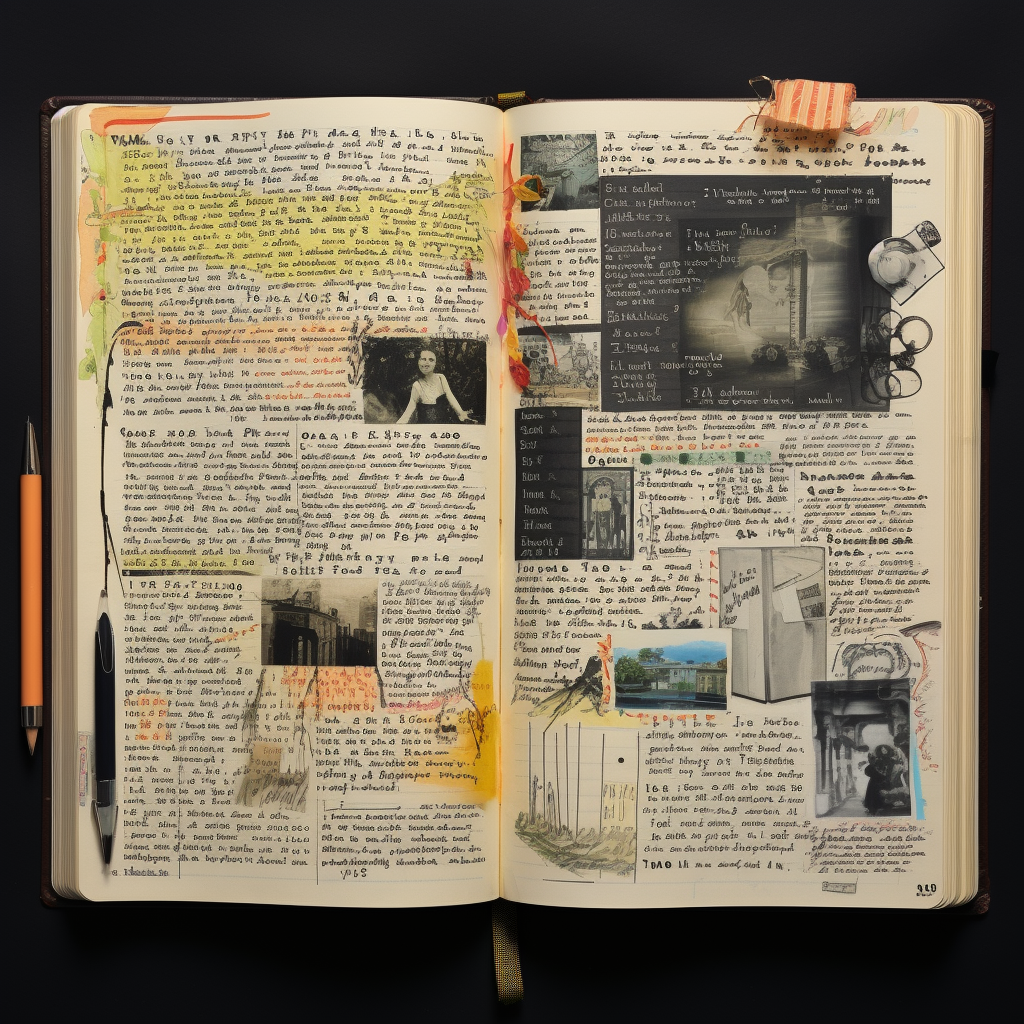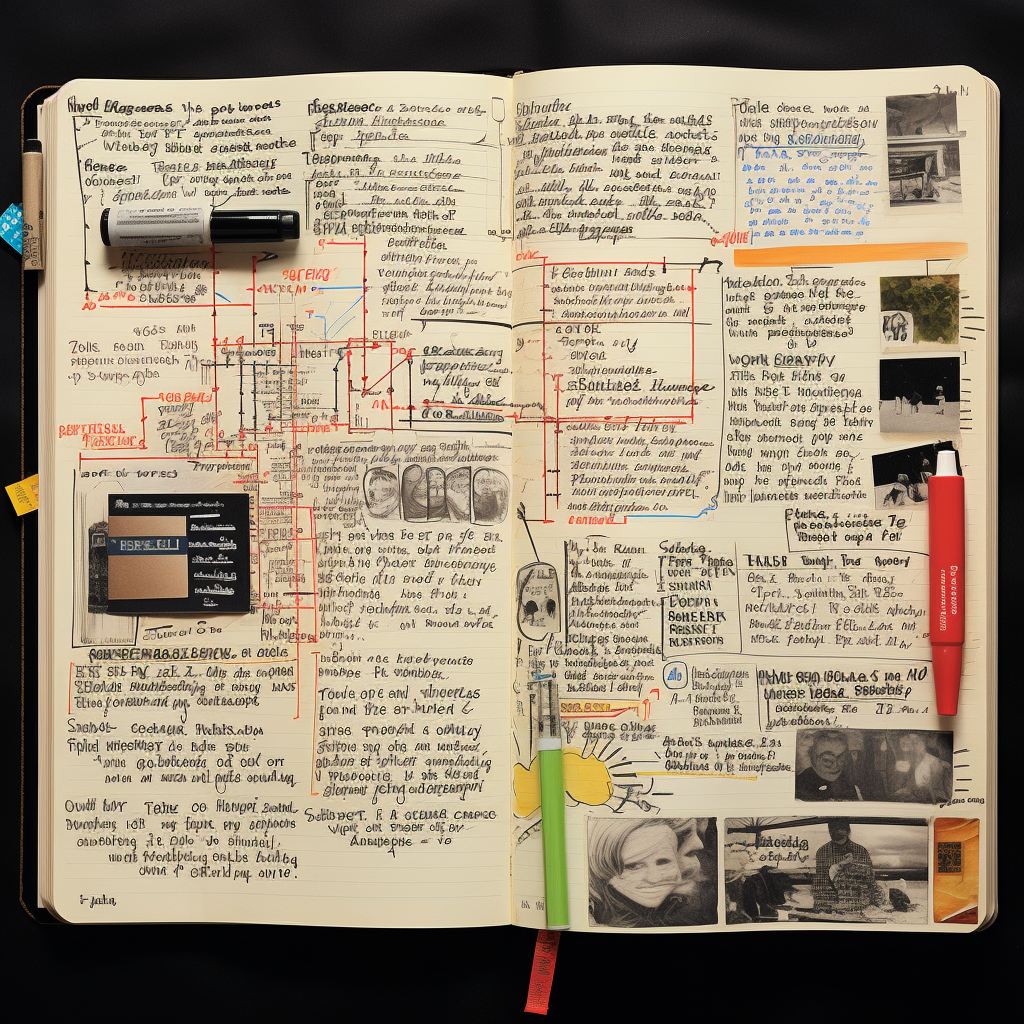Style & Genre: Final Project
Subject: The Battle of Isandlwana between the British Army and the Zulu Nation was a rare thing in the late nineteenth century. A victory for a native force against a modern military. Over the course of the afternoon of January 22nd 1879, and during a rare solar eclipse, the overwhelming numbers of the Zulu army massacred over 2000 British soldiers and other ranks to a man, the largest defeat of a Victorian army in memory.
Autobiographical Creative Non-Fiction Essay:
As I walk across the dusty, dry and desolate ground toward Isandlwana Hill, I can still hear the screams. Through the echo of history I feel the earth tremble as tens of thousands of proud Zulus rush toward the exhausted firing lines spread too far from camp. I feel the sky turn black with eclipse and the Zulu rise as one as the firing begins to slacken and the ammunition supply slows. I find the debris of the battle still evident in the brass button and crushed cartridge of defeat. I feel a scarred landscape peppered with the arrogance of occupation and the pride of nation. The rancid stench of death has gone, but I still feel its invasive grasp in my immigrant nostrils.
The wind is cool on my face this afternoon as I think about the terror young soldiers on both sides must have felt. Of sons and daughters about to become orphans. Mothers and fathers about to lose everything. And how the ache of battle never tallies on the spreadsheet of empire. I feel a chill despite the beating South African sun. A chill of loss. A chill one feels when the echo of the past remains embedded in the places of the present. I walk toward the stone cairns which mark the places of last stand. Of bodies huddled together, back to back in death. Uncoffined. Bleached by the African sun they are all that’s left of an argument which, unresolved, still roils, but elsewhere. The human cost of the past has moved to the politics of the boardroom. Conflict of race and religion is still here. And not here.
Families like ours come to visit Isandlwana every year, but every time our numbers get smaller. Like our memories themselves, we are dwindling. The walking tours get slower as we ourselves grow old. But we shall not forget. And they shall not grow old. We hold to grainy old sepia portraits of our ancestors, taken in happier times before the wars. Medals and uniforms polished and pressed for the camera. Hold still. Hold the line. Hold out. Hold on.
Many of us still look for those to blame. The generals of privilege who acted to preserve themselves as priority. The toadies around them who bickered and jostled for position and influence, looking to make a name for themselves back home. For favorable reports in dispatches read by the gentlemen in London over breakfast. Politicians who sought to mine a continent for resource and labor, and still do. Monarchs in whose name everything became justified. Whitewashed histories which speak of British defeat, not Zulu victory. Movies which take truth and bend it to match a celluloid perspective folded into running length which can be marketed to a willing public every weekend.
I walk and still smell the smoke of both Zulu fire and British rifle. I taste the death in the jaws of defeat. But no-one’s around to taste or smell anything. This place only exists in memory. A ghost of a place even birds won’t nest. As if nature itself has abandoned it to the memories of those who choose, reluctantly, to remember. But this is far from a place of grief. We come because of love. As the sun sets against the hill we turn back toward the road which brought us. A ritual we have performed for decades, and those before us for centuries. We will remember.
On the flight home I think about the time machine I’ve used. I think of how the dials moved me back and forth from morning to evening, then to now, here and there. The echo of place abandoned through death and the dwindling remembrance of those left behind. How there is always someone to blame but never anyone to take responsibility. And how the pride of two great nations came to collide on the slopes of a small hill in some distant foreign field. Again and again.
Web-Based, Organization-Sponsored, Informative Text:
In January 1879, British peer and general Lord Chelmsford had invaded South Africa’s Zululand in order to resolve the Zulu problem. Directed by the British Colonial Office, he sought the destruction of Zulu King Cetshwayo’s army. The two sides had previously engaged in minor local skirmishes along the Natal border, but now both sought political and military resolution. Chelmsford’s forces were tasked with the imperialist suppression, and ultimate destruction of the indigenous Zulu people. Camped for the night against the Isandlwana mountain, his sentries received reports of thousands of Zulus assembled to the north. He also received intelligence that the main Zulu army was moving toward them from their capital Ulundi in the east. Faced with conflicting information, Chelmsford took half his forces with him east, leaving the remaining half, some two thousand men, to guard the camp at Isandlwana. Colonel Pulleine, a career military administrator, was left in charge. If Chelmsford had not split his forces in half, the outcome of the Battle of Isandlwana might have been very different. In doing so, over two thousand of his men would die the next day.
At 8am, Chelmsford’s column of over a thousand men moved away. Those remaining at Isandlwana went about the daily business of the camp. The column disappeared over the hills to the east as twenty thousand Zulus appeared to the north, approaching the camp at great speed. Not expecting to be engaged by the enemy, the British camp braced for an attack. Armed with modern rifles and facing the shields and spears of their native opponents, the British bullets were assumed to be more than sufficient to deal with the encounter. Had the British spent the time fortifying the camp the outcome would have been very different. But without any defenses in place, and with the British soldiers deployed too far from the main camp, the odds of hand-to-hand fighting had been greatly leveled in the Zulus’ favor, and British failure guaranteed.
At noon, the Zulus moved towards the camp. The British held a steady rate of fire. But their supply lines were overextended, and ammunition flow was beginning to slow as the firing increased. If the British had been able to maintain the flow of ammunition, the Zulus might not have been able to overwhelm them. Pulleine sent several messages for help towards Chelmsford’s column, with no response. At 3pm the sky turned black with a partial solar eclipse. The British firing stopped. The ammunition was gone. The Zulus encircled the camp. They cut off any line of retreat. As the firing lines folded, the Zulus slaughtered the two thousand men in the camp, the greatest British military defeat against a native force. Eight British soldiers survived, having fled during the battle. Chelmsford had made a fatal mistake.
Chelmsford, upon hearing of the destruction of the camp, returned that evening. He remarked ‘but I left over 1,000 men to guard the camp’. His army was gone. But the Zulus hadn’t finished. The sky to the west was red with fire, as the nearby hospital at Rorke’s Drift fought the remaining Zulus with only one hundred men. It would be a battle recorded as a great defense after the defeat at Isandlwana earlier in the day. It became a famous movie in the 1960s which introduced actor Michael Caine to the world. It deflected the blame back in England away from Chelmsford, and began the narrative of British defeat not Zulu victory.
Many of the battle’s descendants visit Isandlwana each year. They walk the trails and visit the stone markers where their ancestors fell. Organizations of remembrance of the Anglo-Zulu War currently work with the local authorities in South Africa to allow relatives to spend time in the area and to take in the tours offered by guides and authors.






















